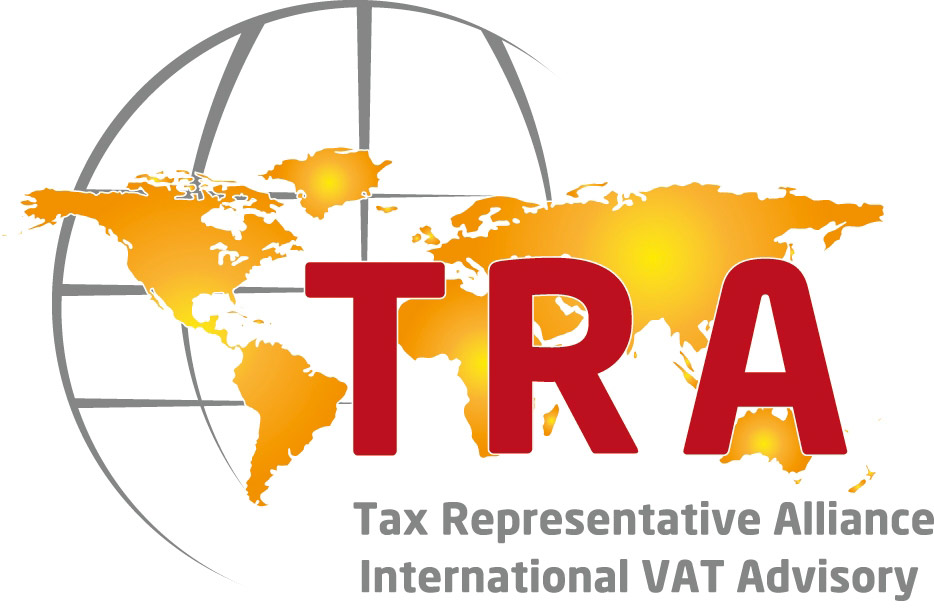The French Tax Authorities have published a new tax bulletin on 6 November 2020, with retroactive effect from 1 November, which affects the way VAT on short term charters is calculated depending on time spent within/outside EU waters.
Until now, this assessment, which could result in particular from the terms of the rental contract, had to be corroborated by all means of proof. However, the French tax Authorities were accepting that lessors who experienced difficulties in making a real assessment of the proportion of time spent outside EU waters and regardless of the type of vessel, apply a flat base reduction of 50% on the taxable basis.
Since 1 November 2020, evaluation of the time spent outside EU Waters has to be proven by all possible means. For those vessels equipped with Automatic Information Systems, AIS data shall be the main mean of proof accepted by the Administration: the data recorded by this system are presumed to be conclusive and can only be called into question by the administration in the event of fraud relating to this system.
For vessels not equipped with AIS, a distinction must be made depending on the length overall of the vessel (‘LOA’) :
- For vessels with an LOA <15 meters, the assessment may result from the terms of the contract or log book entries if one can prove that the the vessel left territorial waters of France or of another EU Member State;
- For vessels with an LOA > 15 meters, the assessment is carried out on the basis of any technical data making it possible to establish the actual time spent outside the territorial waters of France or of another EU Member State.
The above comments apply only to charter contract properly speaking (e.g. time chartering of yacht used for leisure trips when the purpose of the contract if to make a yacht available for some time regardless of the journey or destination). They do not apply to passengers transport services whose VAT regime is different (e.g. sea transport or maritime cruise from one spot to the other).


